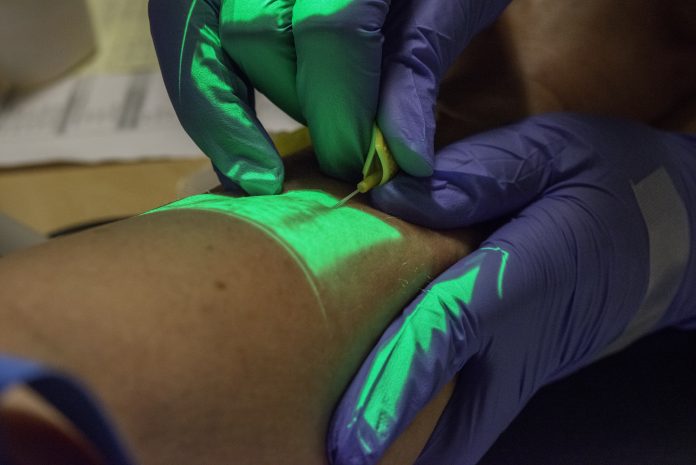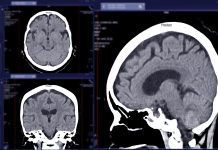Life stressors including poverty, abuse and divorce can influence multiple sclerosis attacks and flare-ups – leading to worse health outcomes
More than 2.8 million people in the world have multiple sclerosis (MS), which is an autoimmune condition that affects the brain and spinal cord.
The condition causes the protective layer of nerve cells to attack the body’s immune system, leading to unique, often painful, symptoms known as relapses, multiple sclerosis attacks or “flares”.
Multiple sclerosis attacks are new symptoms or the worsening of old symptoms. They can be very mild, or severe enough to interfere with a person’s ability to function at home and at work.
No two attacks are alike, and the symptoms of multiple sclerosis attacks can vary from person to person, according to the Shepherd Center.
Stressful events contribute to levels of disability
This Michigan Medicine-led study used survey data from more than 700 people with MS.From this, researchers discovered that stressful events which have happened in both childhood and adulthood can affect a person with MS’ level of disability.
Initially in the study, both childhood and adult stressors were significantly associated with worse burdens caused by relapse after the onset of the COVID-19 pandemic.
However, the association between childhood stressors and disease burden lost significance when further accounting for experiences in adulthood.
Adulthood can inevitably have numerous occasions of intense stress, such as divorce, which can trigger multiple sclerosis attacks.
However, other life triggers like poverty and abuse can be brought on from a young age – showing room for more research into adverse childhood experiences and how the disease develops in adulthood.
MS is the leading cause of non-traumatic disability among young adults
Co-author Tiffany Braley, M.D., M.S., said: “MS is the leading cause of non-traumatic disability among young adults.
“Additional research is needed to identify these external drivers of disability that can be addressed or prevented, including stress, to improve functional outcomes.
“This knowledge is needed to inform MS research as well as clinical care. Referrals to resources, such as mental health or substance use support could help reduce the impact of stress and enhance wellbeing.”
Adverse Childhood Experiences can alter MS outcomes
Often, studies on stress and MS do not account enough for childhood – potentially missing key information into the relationship between childhood stressors and health outcomes.
First author Carri Polick, Ph.D., R.N. said: “Adverse Childhood Experiences, which we call ACEs, and other childhood stressors could impact immune, inflammatory and behavioral processes throughout life, and reduce resilience to adult stress.
“It is important to use a lifespan approach in future work to better understand patterns and inform symptom management.
“For example, we are expanding upon this work to investigate mechanistic pathways through sleep, smoking and mental health, through which stressors may lead to worse MS outcomes including increased disability, pain and fatigue.”








